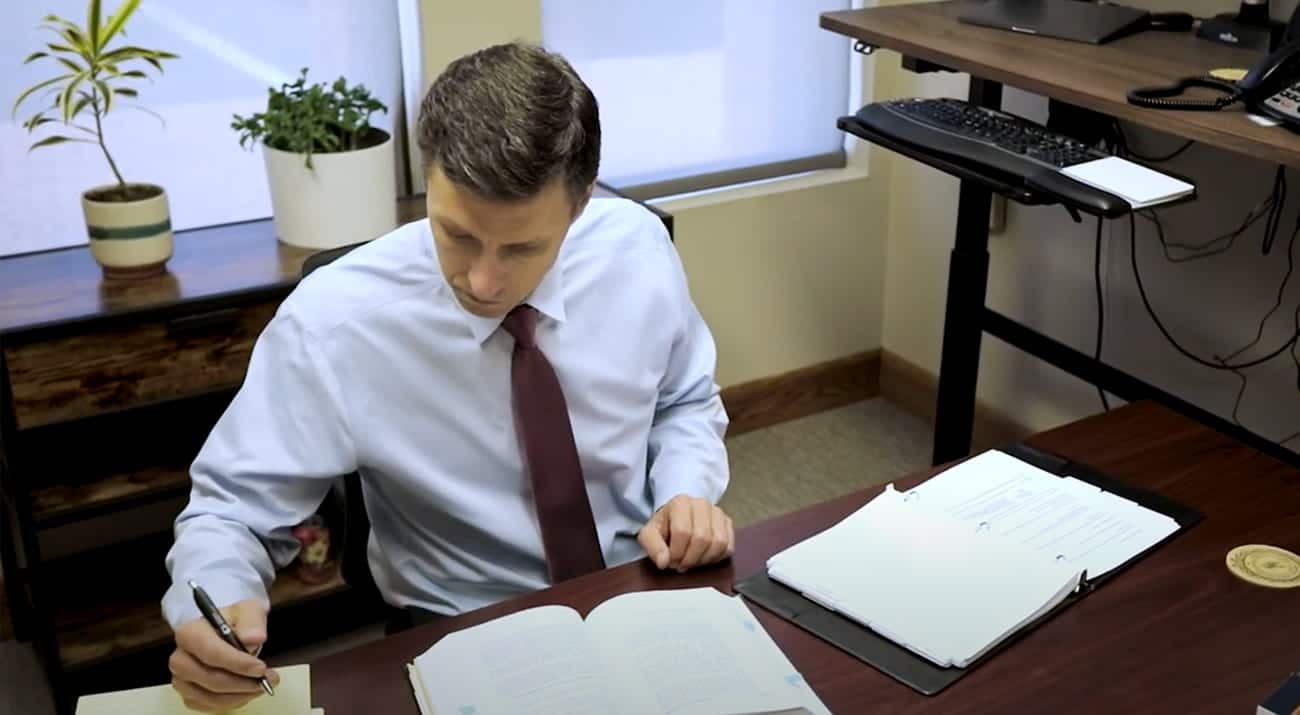We are experienced attorneys serving wrongful death victims in Fort Collins and Northern Colorado and we produce the results to back it up.
Learn MoreThis is one of the most frequently asked questions. It can be answered, but the answer depends on the specific facts of your case. In meeting with many people over many years, we’ve often heard people say that they’ve read that their case is worth some multiple of the amount of their medical bills. They ask things like, “Should pain and suffering be three times (3x) the total medical bills?” or “What is the non-economic to economic damages ratio?”
But determining the amount you are owed actually has nothing to do with any kind of multiplier or factor. The amount of your pain and suffering and changed quality of life are completely independent from the amount of your medical bills. Consider these two cases as examples.
In Case 1, a person is in a high-speed crash. The car rolls several times and looks like a crushed tin can. The driver is immediately taken to the hospital by ambulance. The driver is shaken up, has some sore spots and is understandably in shock. Because of the powerful forces in such a crash, the emergency room doctor orders a full set of CT scans or MRIs to make sure there are no serious internal injuries. Fortunately, the driver has escaped any serious or lasting injury. She feels better and doesn’t seek any follow-up care. She takes it easy for a few days and continues to feel better. Within a week, she’s pain free and back to normal. We’ve seen folks in this scenario many times. Her medical bills are relatively high because expensive scans and emergency room care were provided. She also has a non-economic damages claim for pain and suffering, but how great is that compared to her relatively expensive medical bills? Her pain and suffering damages may be less than her total medical bills.
In Case 2, a person suffers a severe, permanent injury that cannot be repaired, such as paralysis or traumatic amputation of a limb. He receives initial medical treatment, but the treatment is mainly to stabilize the condition. There are no long-term medical expenses because the injury cannot be healed. He must live with the permanent impairment for the rest of his life. He struggles to care for himself day-to-day. He cannot do the hobbies and other activities he enjoyed for recreation. His medical bills are relatively low compared to the severity of the injury. But his damages for permanent impairment, disfigurement, permanently changed quality of life and pain and suffering are immense. They will be many, many times greater than his total medical bills.
An accurate determination of what your case is worth requires knowing the details of how your life was affected, the severity and duration of your pain, your long-term prognosis and medical needs, and whether you have any permanent impairment. The truth is, no one knows exactly what your case is worth unless you go through a trial and a jury decides it for you. But by applying our experience to the specific facts of your case, we can provide you with the likely range of outcomes.

